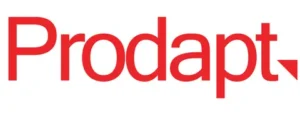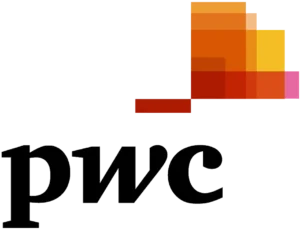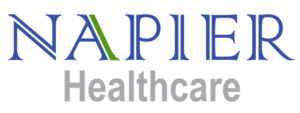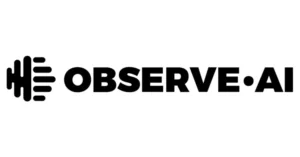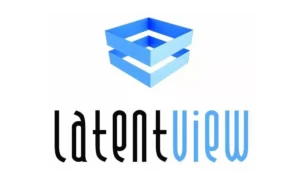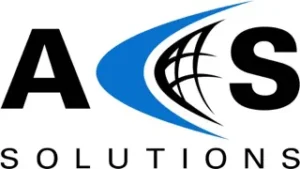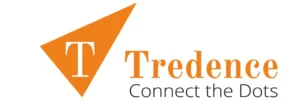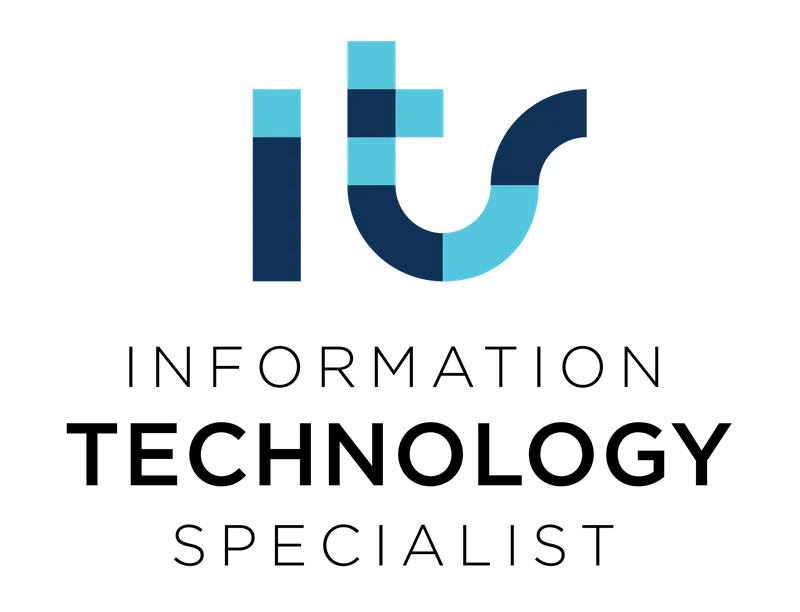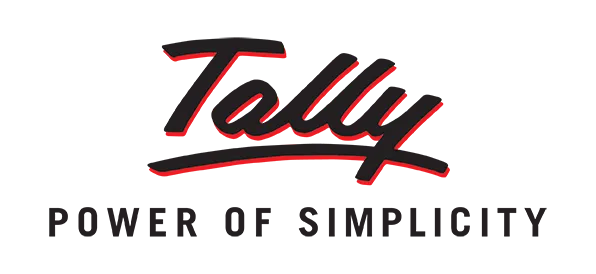Our Agile Online Training will make students learn some of the most in-demand concepts in Agile such as – Agile project communications, Planning, Monitoring and Adopting, Agile estimation, Agile analysis and design, Product quality, Soft skills negotiation, Value-based prioritization, Risk management, Agile Metrics etc. This curriculum will surely make students experts in the concept of Agile in a shorter span of time. Our Agile Online Course with 100% placement support is curated with the help of leading experts from the IT industry, which makes our Agile Online Course up-to-date in accordance with the latest trends.
Our SLA Institute is guaranteed to place you in a high-paying Quality Assurance Engineer and other Agile related jobs with help of our experienced placement officers. SLA Institute’s Course Syllabus for Agile covers all topics that are guaranteed to give you a complete understanding of the Agile Online Course.



